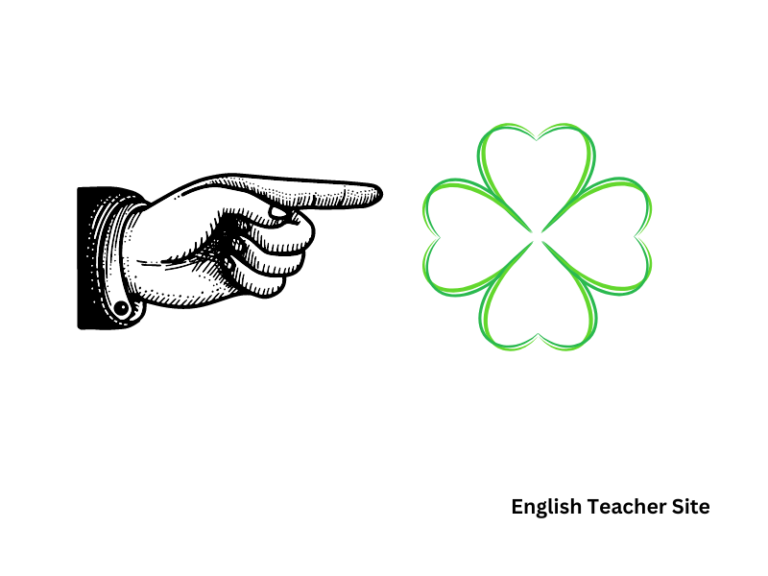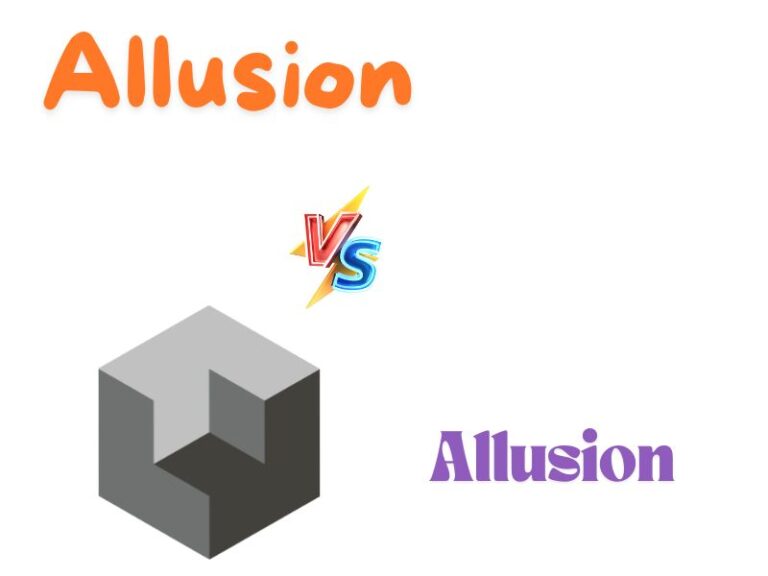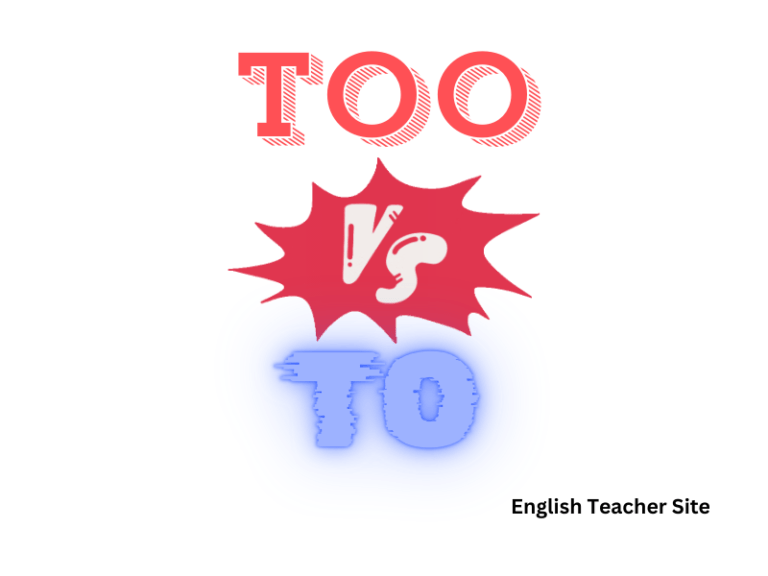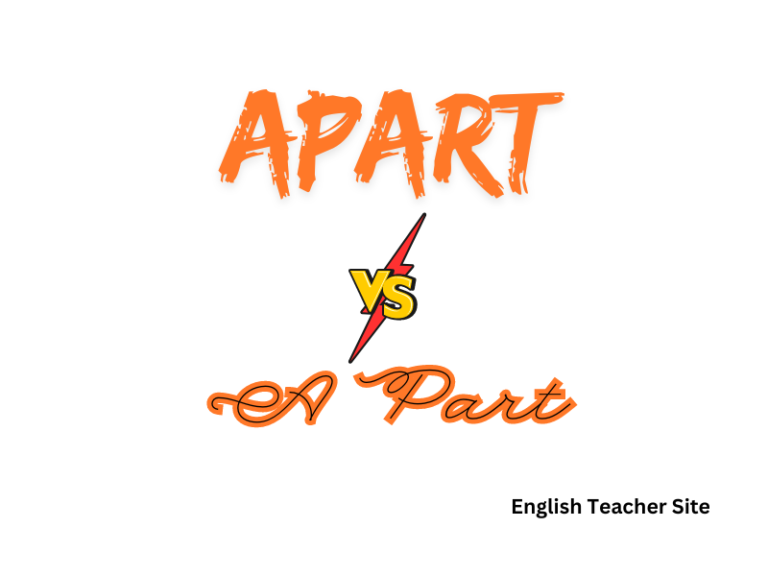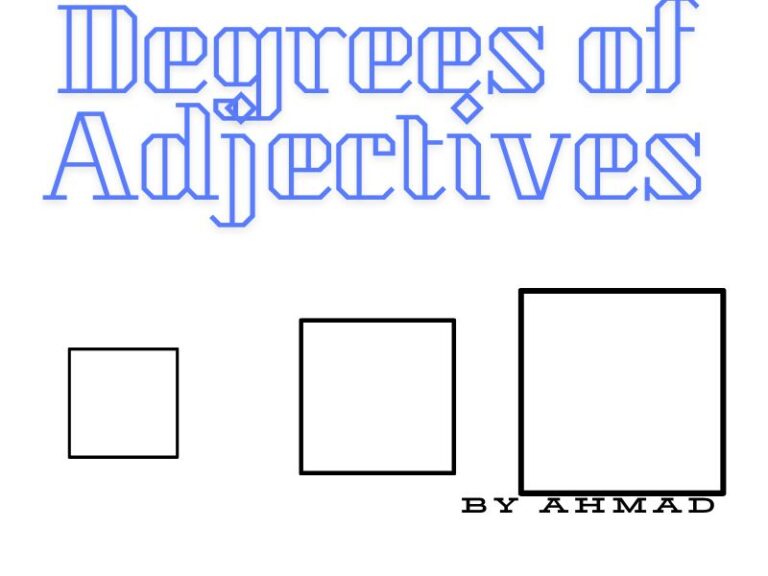What is a Sentence? Exploring the 4 Types of Sentences
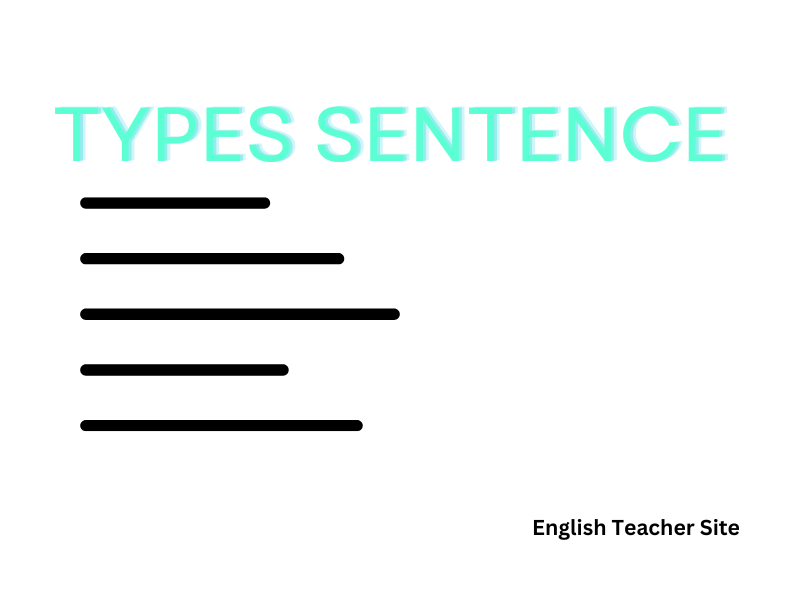
- Sentences are the building blocks of written and spoken English.
- Understanding the four main types of sentences is pivotal for effective communication.
- Each sentence type serves a distinct purpose in language expression.
English sentences have a richness that comes from this variety. The structure and punctuation of sentences guide readers through the intentions of the speaker or writer, whether it’s to inform, command, question, or exclaim. Mastery of sentence types empowers one to harness the full expressive potential of language, with structured grammar and syntax acting as the tools for crafting meaningful and impactful communication.
Understanding Sentences: An Introduction
A sentence is a fundamental unit of language, crucial for clear communication. It is composed of words that convey a complete thought and provide information. The essential components of any sentence are the subject and the predicate. The subject indicates who or what the sentence is about, while the predicate explains what the subject is doing or describes a state of being.
In English, sentences are categorized into four distinct types, each serving a unique purpose:
- Declarative Sentences: These sentences state a fact or an opinion and end with a period. For example, “The sky is blue.”
- Imperative Sentences: Used to give orders, instructions, or requests, these sentences often end with a period but can occasionally end with an exclamation point in more forceful commands. An example is, “Please close the door.”
- Interrogative Sentences: These are questions designed to elicit information and they typically end with a question mark. For instance, “What time is the meeting?”
- Exclamatory Sentences: Expressing strong emotions, such sentences always end with an exclamation point. “What a beautiful garden!” exemplifies this type.
These types reflect the intent behind a speaker’s or writer’s message, whether stating, commanding, questioning, or exclaiming. Each type has a distinctive pattern, enabling the conveyance of various messages and emotions in a structured and comprehensible manner.
What is a Sentence: 4 Types of Sentences?
A sentence is a set of words conveying a complete thought, culminating in an expression of a fact, question, command, or exclamation. In English, there are four types of sentences: declarative, interrogative, imperative, and exclamatory. Each type serves a unique purpose, distinguished by its form and punctuation.
Declarative Sentences
Declarative sentences state a fact or statement and end with a period. Their primary function is to convey information or an idea. For example:
- “She enjoys reading books.”
Interrogative Sentences
Interrogative sentences ask a question and end with a question mark. They request information and require an answer.
- “What time is the meeting?”
Imperative Sentences
Imperative sentences issue a command, request, or demand. They often end with a period, but can also finish with an exclamation mark to indicate urgency.
- “Please close the door.”
Exclamatory Sentences
Exclamatory sentences express strong emotion or exclamation and always end with an exclamation mark.
- “That was an incredible performance!”
My name is Khamis Maiouf. I am the creator of the English Teacher Site, dedicated to providing valuable resources and insights for students around the world. With a passion for education and a commitment to helping students enhance their skills, I aim to make English teaching more effective and enjoyable for both educators and students.

